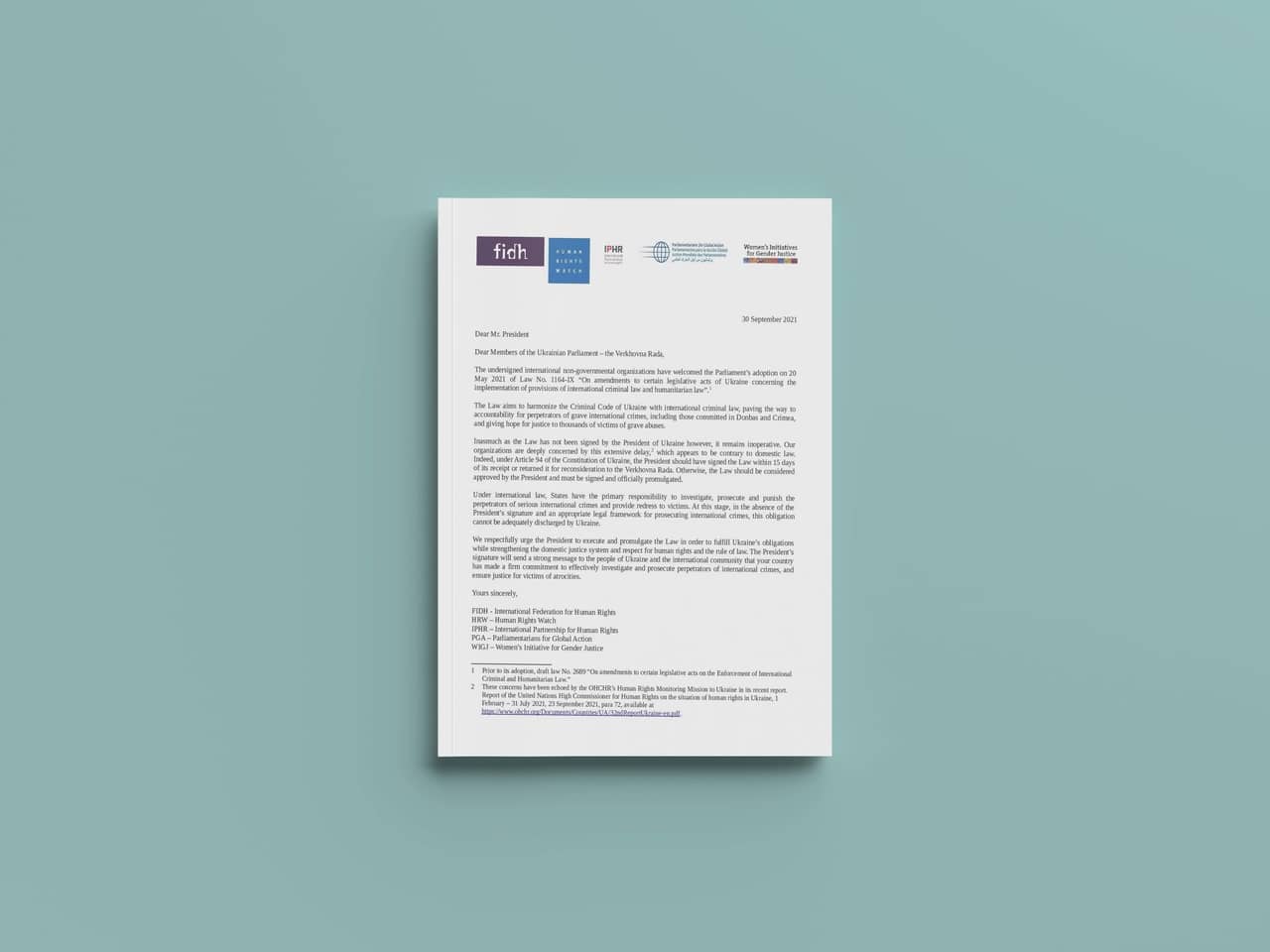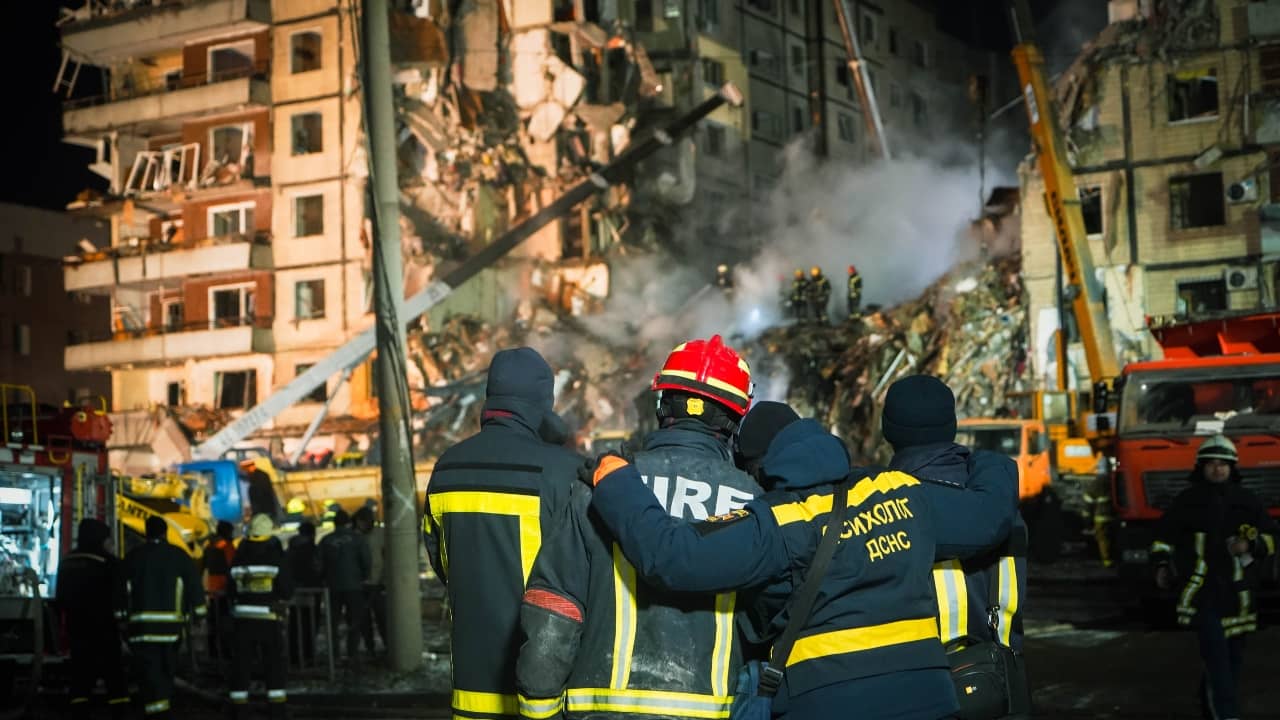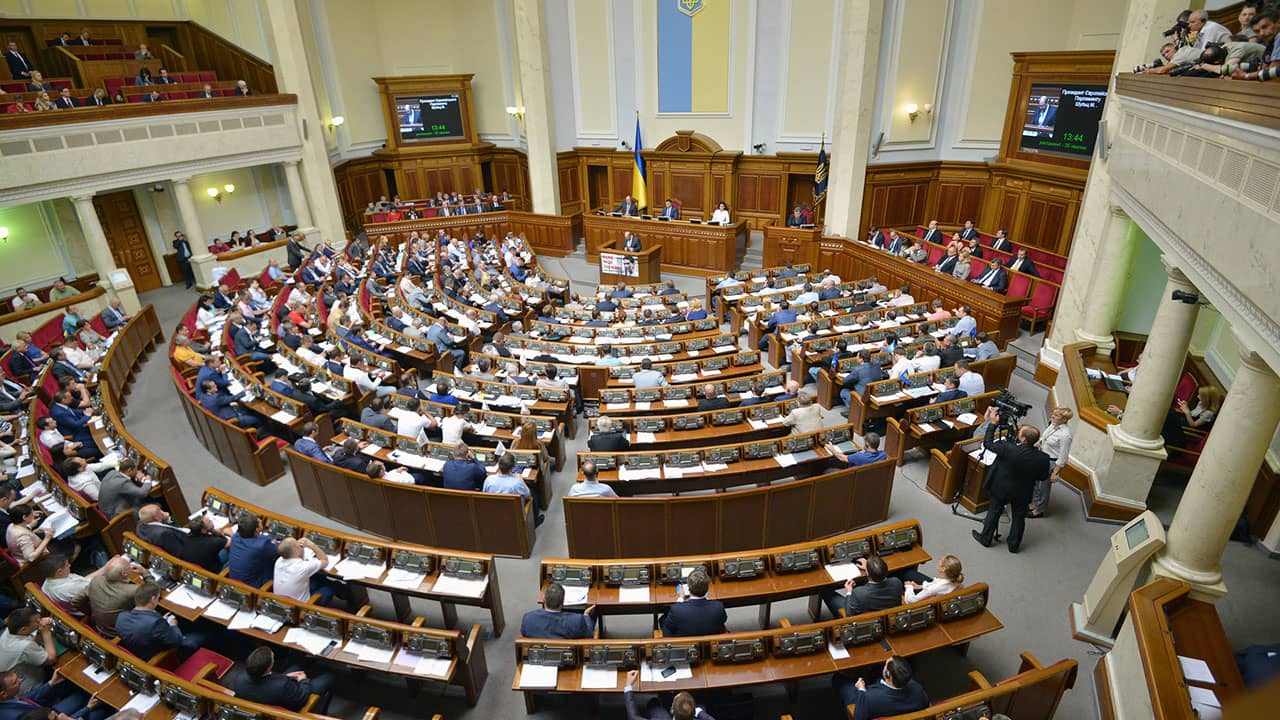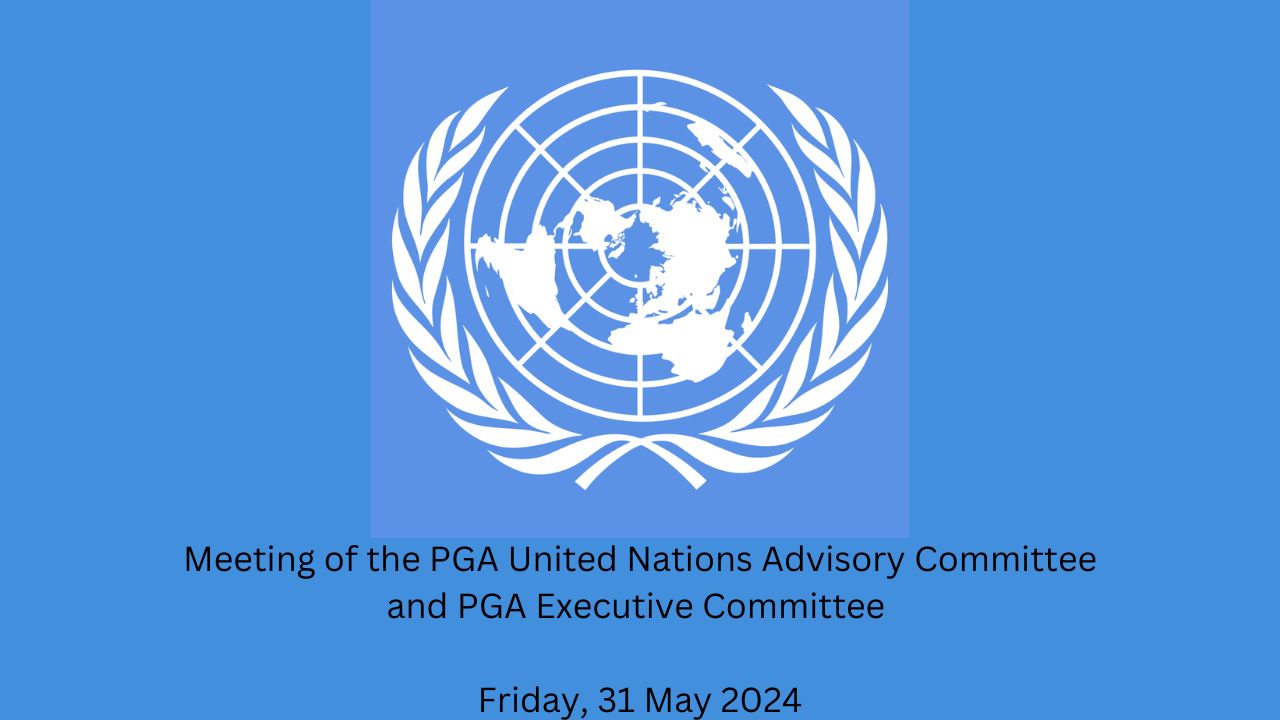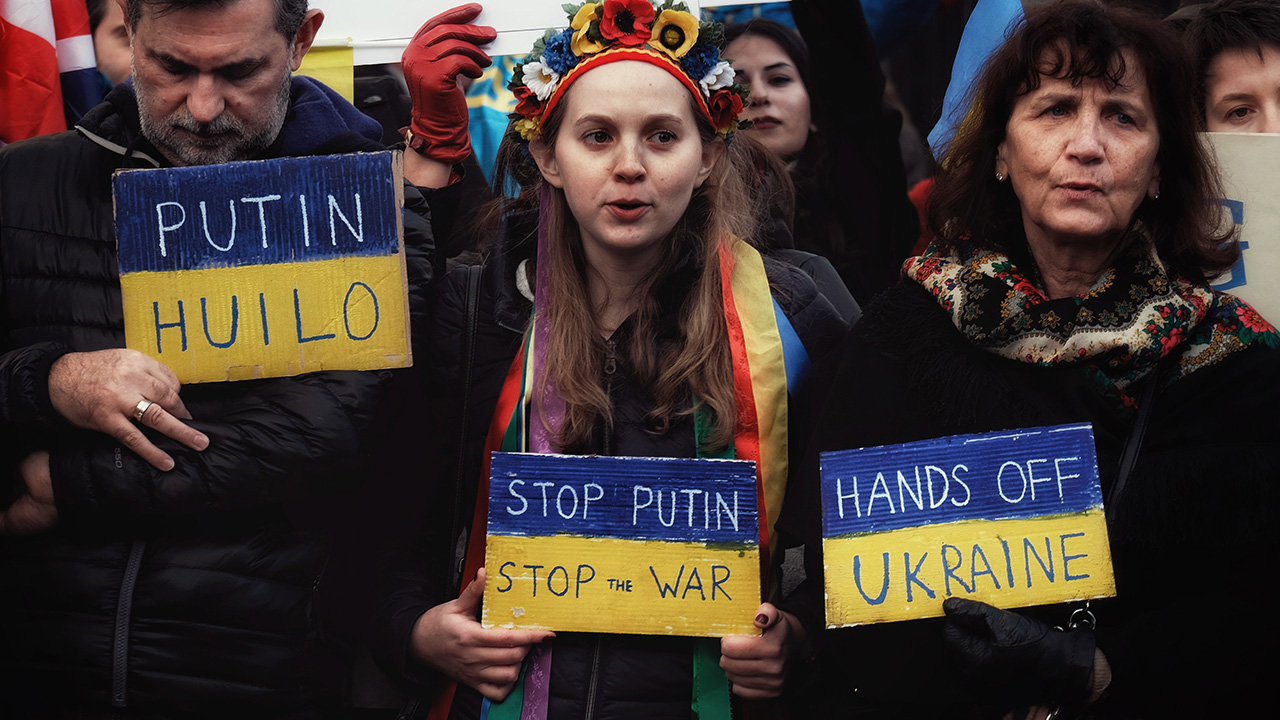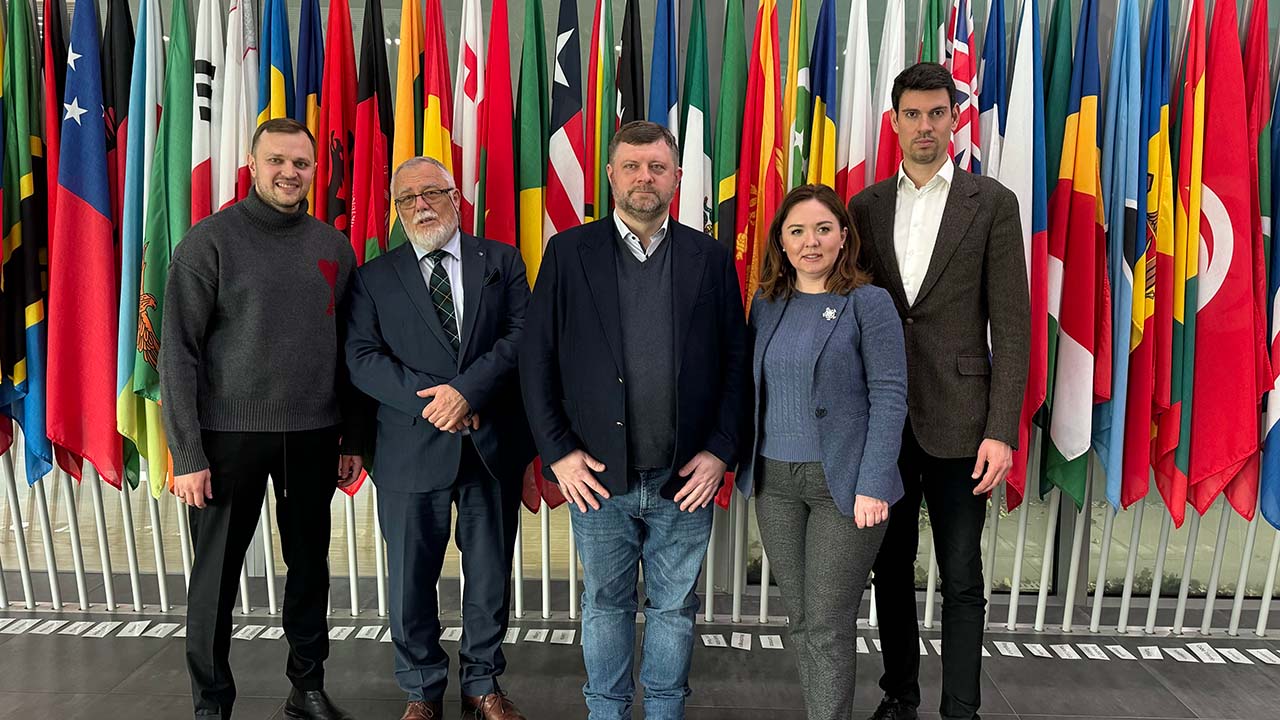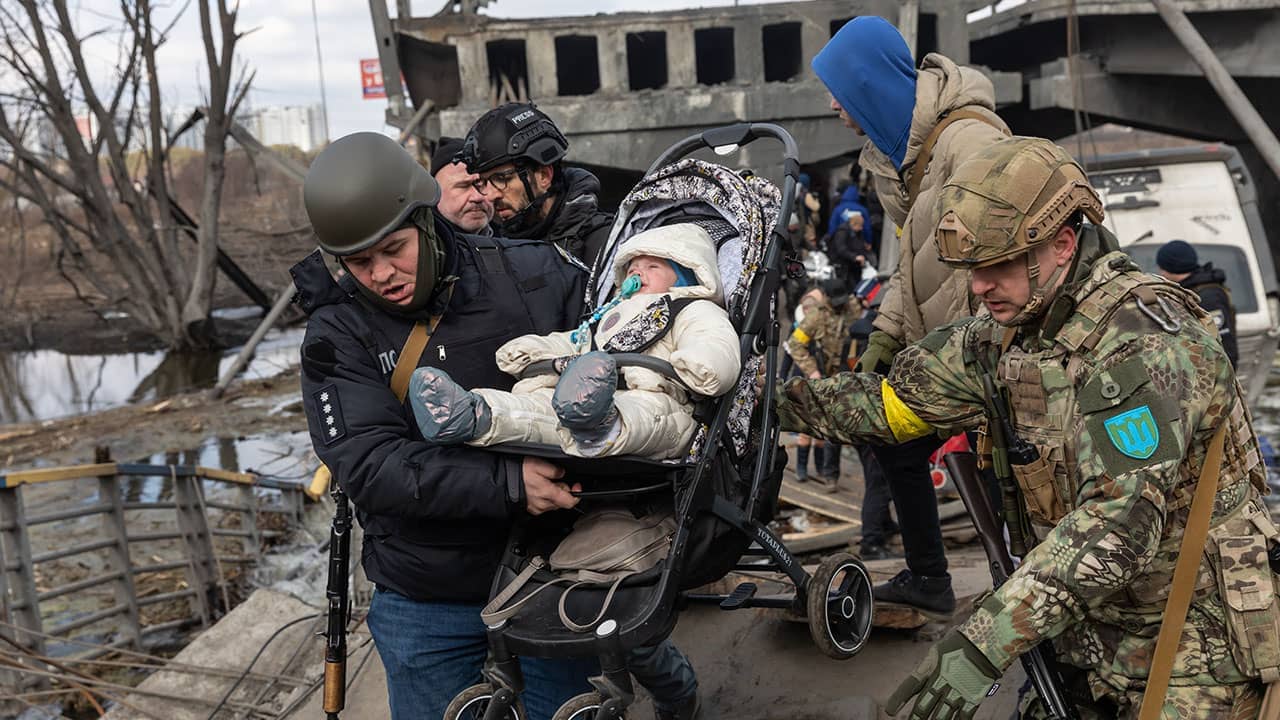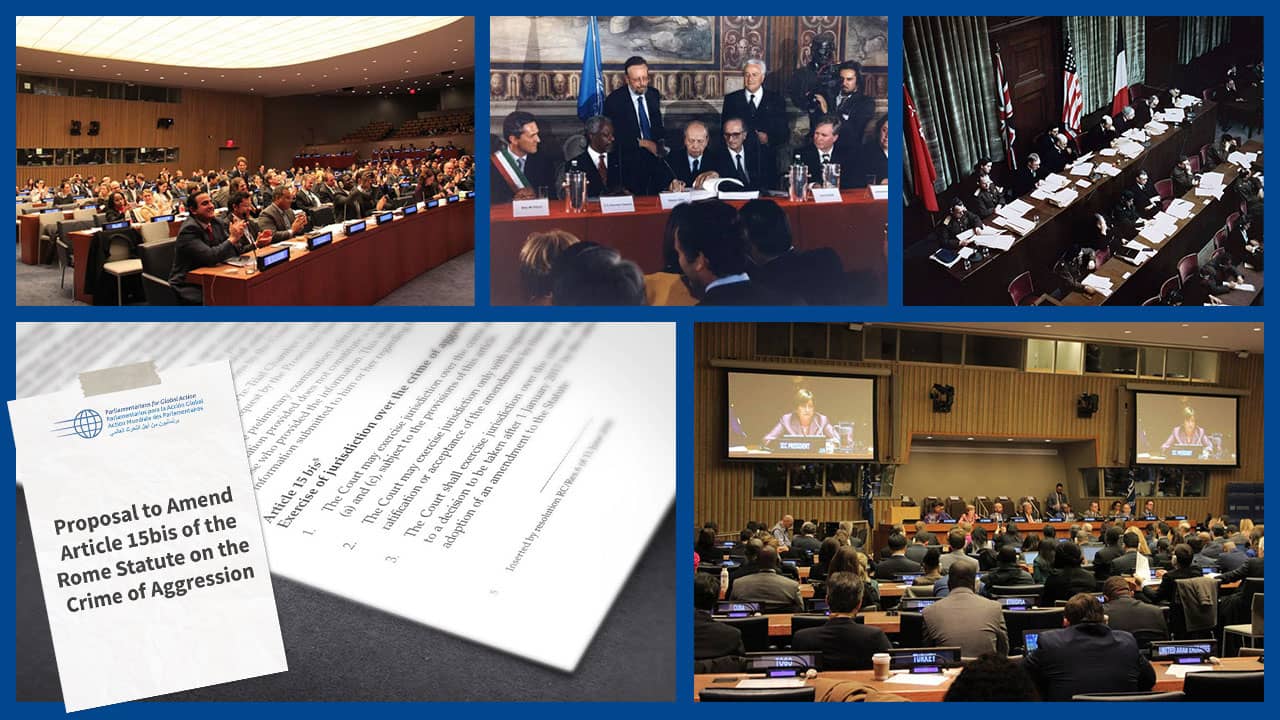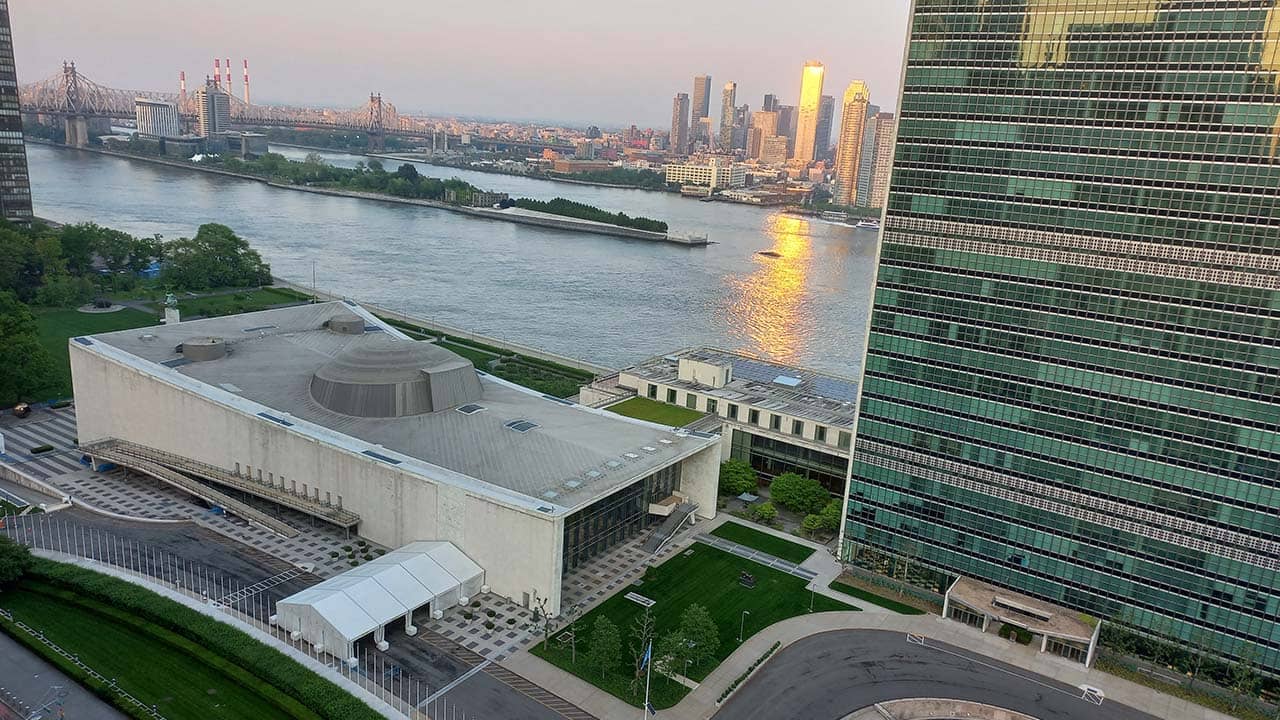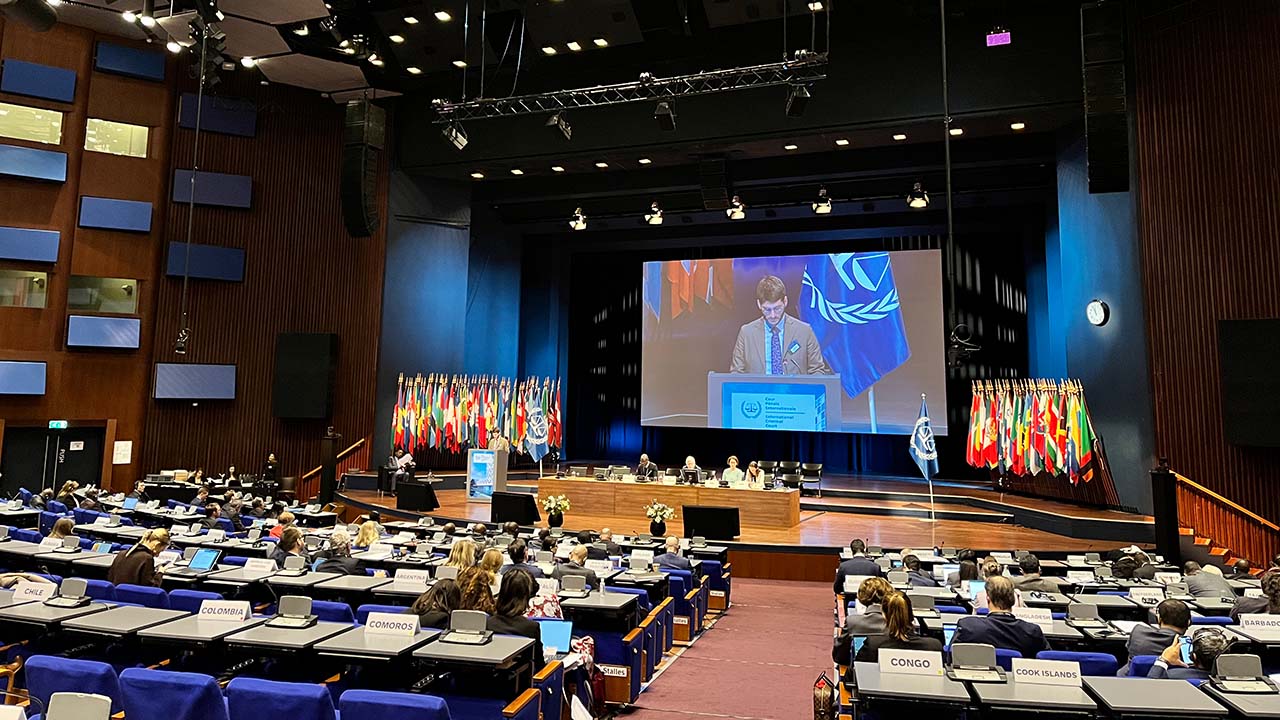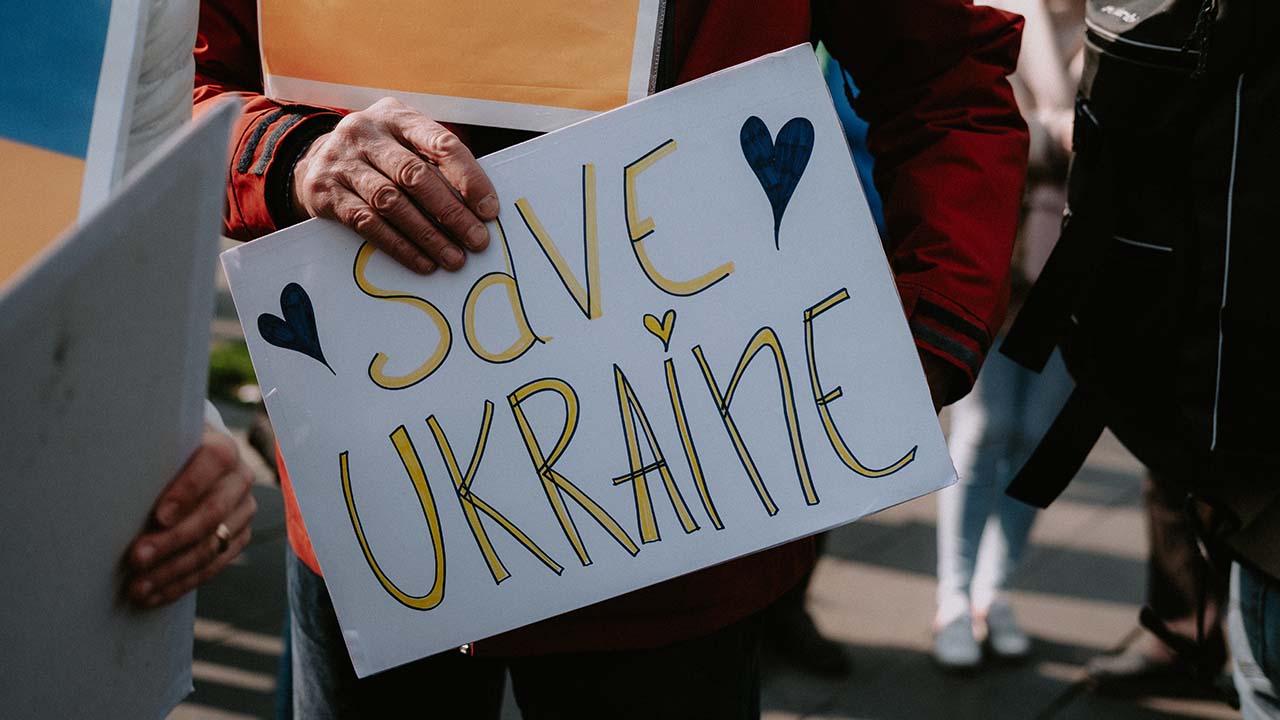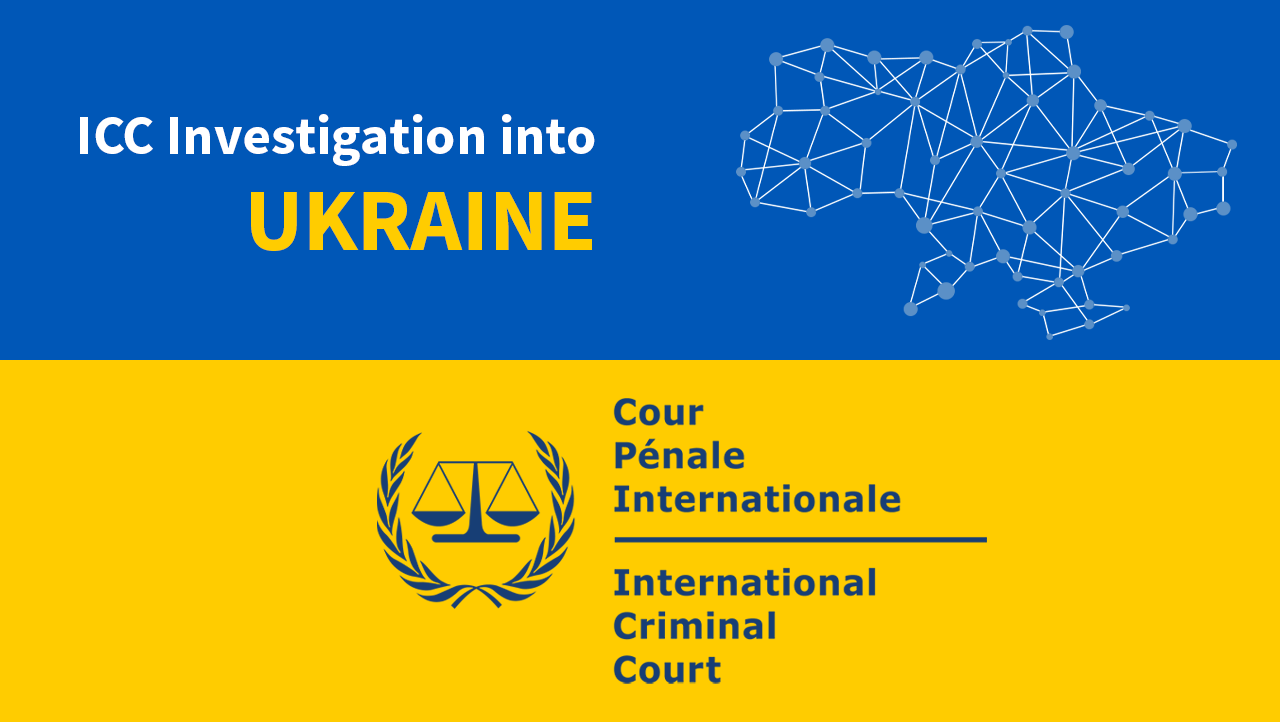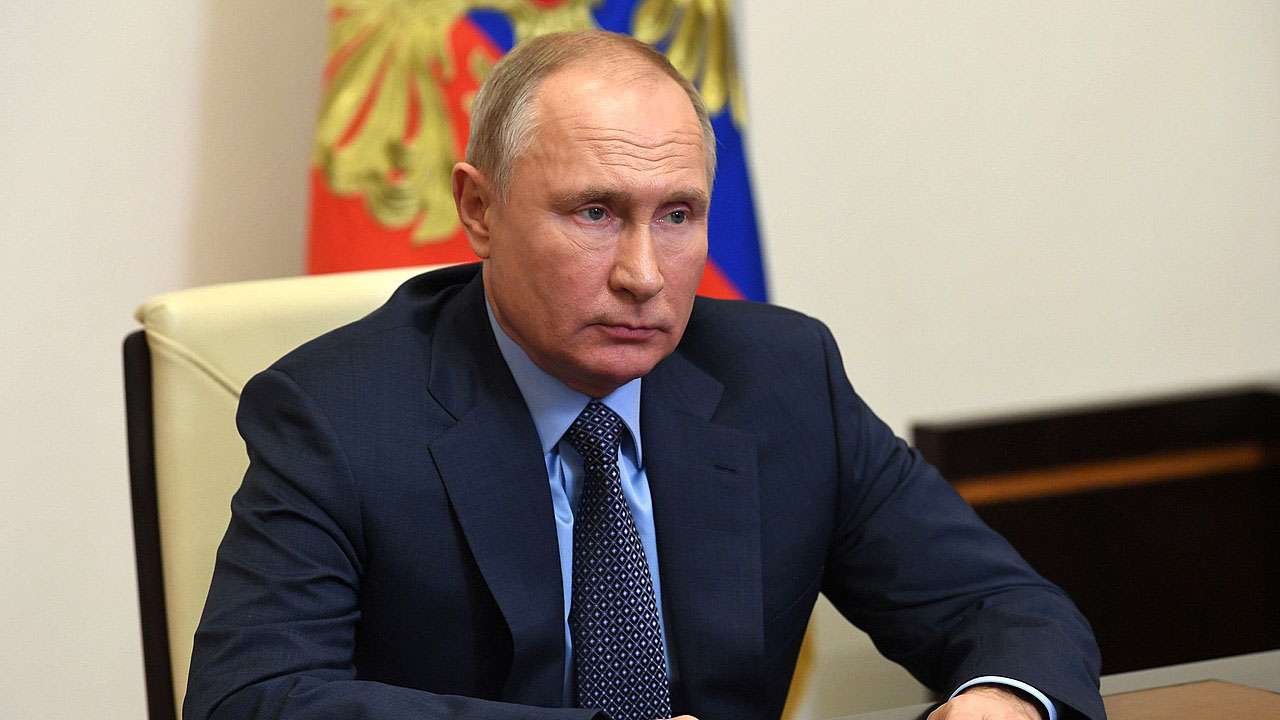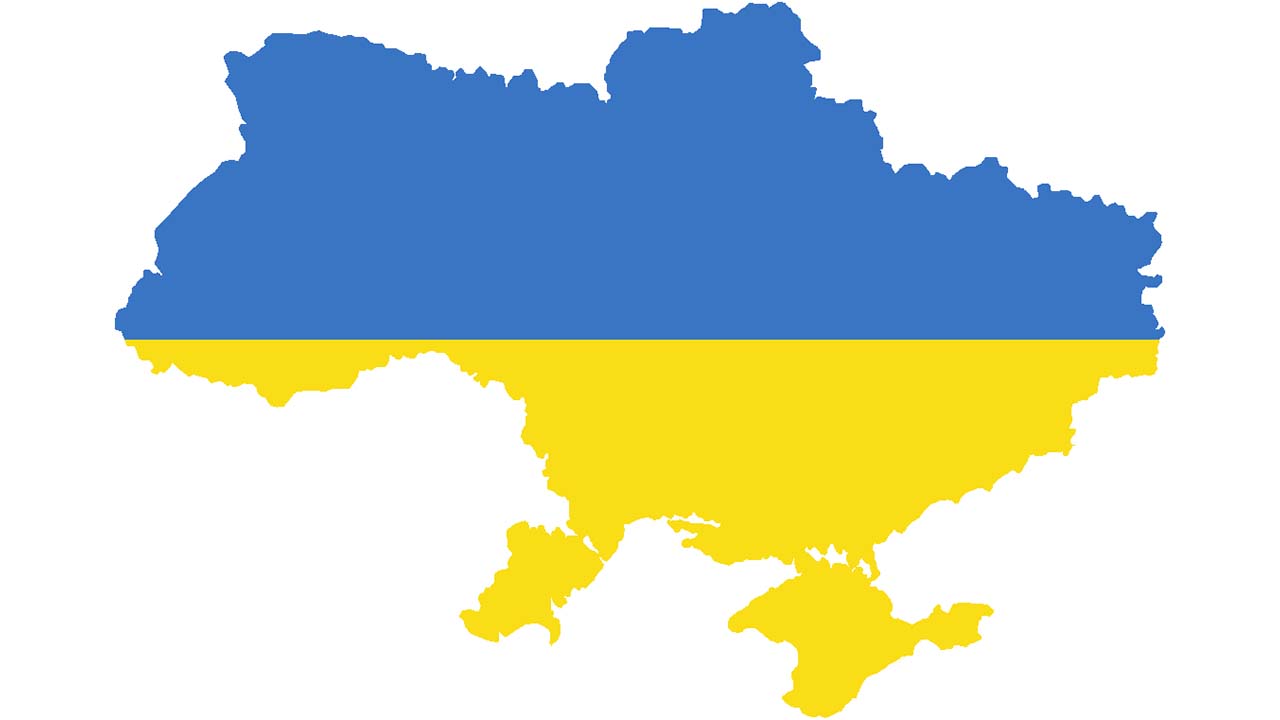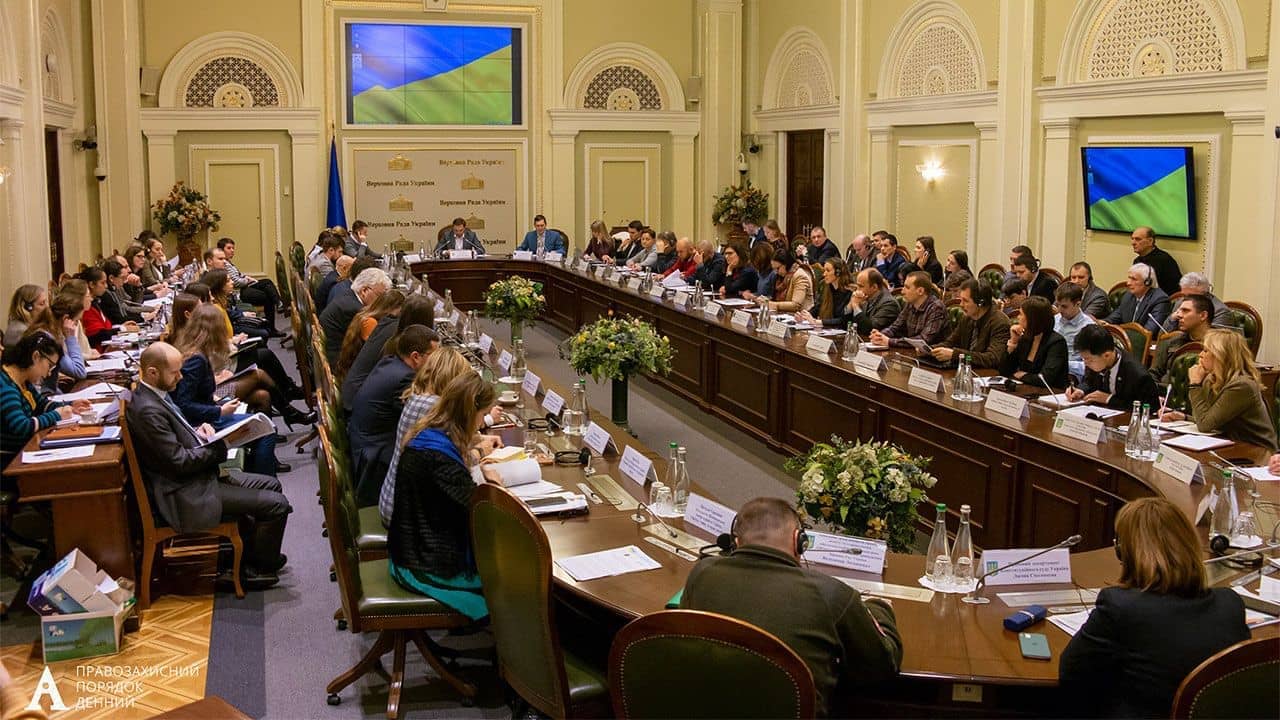| Signature, Ratification of/Accession to the Rome Statute of the ICC | |
|---|---|
| Signature Date: | 20 January 2000 |
| Ratification Date: | 25 October 2024 |
| Amendments to the Rome Statute | |
|---|---|
| Ratification of the Kampala Amendment to Article 8 of the Rome Statute on war crimes [poison and expanding bullets in NIAC] (2010): | No |
| Ratification of the Kampala Amendment to the Rome Statute on the crime of aggression reflected in Article 8 bis (2010): | No |
| Ratification of the Amendment to Article 124 of the Rome Statute (2015): | No |
| Ratification of the Amendment to Article 8 of the Rome Statute on war crimes [biological weapons] (2017): | No |
| Ratification of the Amendment to Article 8 of the Rome Statute on war crimes [blinding laser weapons] (2017): | No |
| Ratification of the Amendment to Article 8 of the Rome Statute on war crimes [non-detectable fragments] (2017): | No |
| Ratification of the Amendments to Article 8 of the Rome Statute on war crimes [starvation as a war crime in NIAC] (2019): | No |
| Adoption of implementation legislation of the Rome Statute of the ICC | |
|---|---|
|
On 20 May 2021, the Verkhovna Rada (Parliament of Ukraine) adopted the Bill no. 2689 “On amendments to certain legislative acts on the Enforcement of International Criminal and Humanitarian Law”, with 248 votes in favour out of 363 Members present. The law has yet to be signed by the President. |
|
| Cooperation Agreements | |
|---|---|
| Ratification of Agreement on Privileges and Immunities of the Court (APIC): | Yes. Ukraine acceded to the Agreement on Privileges and Immunities of the Court (APIC) on 29 January 2007, becoming the first and only, non-party state to the RS to do so. |
| Signature of Agreement of Enforcement Sentences with the ICC: | No. |
| Signature of Agreement of Interim and Final Release with the ICC: | No. |
| Signature of Bilateral Immunity Agreement with the USA: | No. |
Ratification of the Rome Statute:
As per a decision by the Constitutional Court of 2001, the Rome Statute was found to be in compliance with the Constitution of Ukraine with the exception of provisions according to which the International Criminal Court (ICC) jurisdiction is complementary to the national system (para. 10 of the preamble and Art. 17 of the RS). As such, a constitutional amendment on the complementary jurisdiction of the ICC was necessary for Ukraine to ratify the Rome Statute.
In 2016, the Parliament of Ukraine – with PGA’s involvement - amended the Ukrainian Constitution to recognize the jurisdiction of the ICC, thus removing all legal obstacles to ratification of the Rome Statute. A transitional provision was added to the amendment to article 124 of the Constitution so that such modification was due to enter into force 3 years after the publication of the law ie on 30 June 2019.
Since 30 June 2019, with all remaining constitutional obstacles removed, the Ukrainian parliament may ratify the Rome Statute. The formal ratification of the RS is subject to an active act of approval, through a law adopted by the Verkhovna Rada and signed by the President, followed by a deposit of the instrument of ratification at the UN Secretary General.
A large majority of Ukrainian officials, including the Ministry of Foreign Affairs and of Justice fully support the ratification and have expressed informally several times to civil society and EU officials that the delay was a decision of the former President of Ukraine, Petro Poroschenko. In August 2019, then Deputy Head of President Zelenskyi’s Office, Ruslan Ryaboshapka, said that one of the President’s priorities would be to ratify the ICC Rome Statute. The Ministry of Justice was ready to submit an existing draft law to the Parliament for the ratification of the RS. Such draft has been transmitted to the Office of the President in September 2019. However, it was withdrawn a year later.
Complementarity – adoption of implementing legislation
Despite the ongoing armed conflicts between (i) Ukraine and Russia and (ii) Ukrainian government forces and pro-Russian separatists in the Eastern Ukraine, triggered by the Euromaidan protests in 2014, Ukraine still lacks comprehensive legal instruments to ensure criminal accountability for the crimes committed. The current criminal code of Ukraine lacks provisions on crimes against humanity and the definition of war crimes does not fully meet the requirements of international law. Recognising the legal gap, the Chair of the Law Enforcement Committee of the Parliament of Ukraine authored draft law no. 2689 “On amendments to certain legislative acts on the Enforcement of International Criminal and Humanitarian Law”, which has been co-authored by PGA secretariat (Dr. David Donat Cattin and Ms. Frederika Schweighoferova).
On 17 September 2020, the Bill passed in its first reading by the Parliament of Ukraine. On 20 May 2021, the Verkhovna Rada (Parliament of Ukraine) adopted the Bill no. 2689 “On amendments to certain legislative acts on the Enforcement of International Criminal and Humanitarian Law”, with 248 votes in favour out of 363 Members present. However, months after its adoption, the law has yet to be signed and promulgated by the President of Ukraine in order to enter into force, or it will remain inoperative.
Under Article 94 of the Constitution of Ukraine, the President should sign the Law within 15 days from its receipt or return it to parliament for reconsideration. In the absence of action by the President in that timeframe, the Law should be considered approved and must be signed and officially promulgated. However, the effects of this article have not been triggered and the law continues being inoperative.
Cooperation legislation
Despite having ratified the APIC, and cooperating with the Office of the Prosecutor, Ukraine still lacks a set of detailed provisions allowing authorities to cooperate promptly and fully with the ICC (Rome Statute Part IX on International cooperation and judicial assistance).
In 2016, the Ukrainian Ministry of Justice, assisted by Ukrainian experts who were also engaged in the draft of the “complementarity” bill, prepared a “Draft Law on Amendments to the Criminal Procedural Code of Ukraine on Cooperation with the International Criminal Court”. After approval by the Cabinet of Ministers, the draft law was submitted to the Rada in May 2017. It was circulated to the relevant Parliamentary committees for their consideration in September 2017, and submitted to a Committee for analysis in April 2018. However, it has not been given any consideration since, and plans from the Executive in this regard remain unclear.
ICC Preliminary investigation
On 17 April 2014 and 8 September 2015, Ukraine lodged two ‘ad hoc’ declarations under Art. 12.3 of the Rome Statute, accepting the jurisdiction of the ICC over alleged crimes committed on its territory from 21 November 2013 onwards, without ratifying the Statute, however.
On 25 April 2014, the Office of the Prosecutor of the ICC opened a preliminary examination of the situation in Ukraine. On 11 December 2020, the ICC Prosecutor announced the completion of her preliminary examination of the situation in Ukraine, having concluded that there was a reasonable basis to believe that war crimes and crimes against humanity were committed and moving forward to requesting authorisation from the Judges of the Pre-Trial Chamber of the ICC to open an investigation.
International obligations
European Union-Ukraine Association Agreement
After the Euromaidan protest movement lasting from 21 November 2013 to 22 February 2014, Ukraine and the EU entered into an Association Agreement. The Agreement imposes the obligation on Ukraine to ratify the Rome Statute through its Art. 8 which reads: “The Parties shall cooperate in promoting peace and international justice by ratifying and implementing the Rome Statute of the International Criminal Court (ICC) of 1998 and its related instruments.”
Nuremberg principles
Many of these provisions have also been long established in the Nuremberg principles (1947 United Nations General Assembly Resolution 177).
Parliamentary Assembly of Council of Europe:
PACE has called on Ukraine to ratify and implement the RS in several of its resolutions, including Resolution 2134 (2016) on Co-operation with the International Criminal Court: towards a concrete and expanded commitment; resolution on “Humanitarian consequences of the war in Ukraine” (Res. No 2198 (2018), the Parliamentary Assembly urged the Ukrainian authorities to "bring the Criminal and Criminal Procedure Codes in line with international humanitarian and international criminal law."

